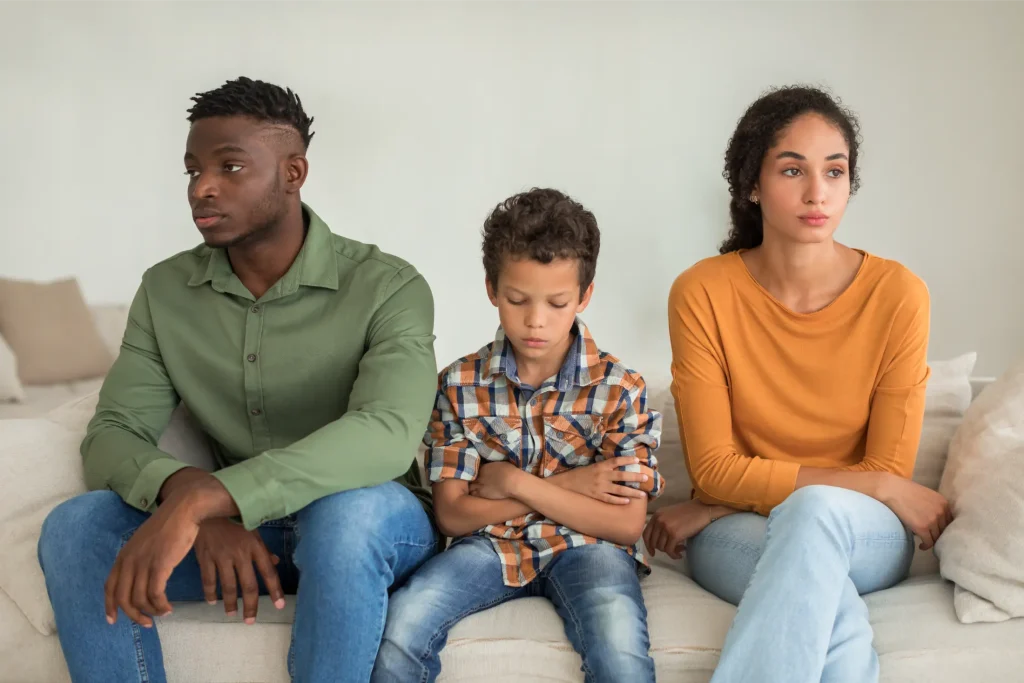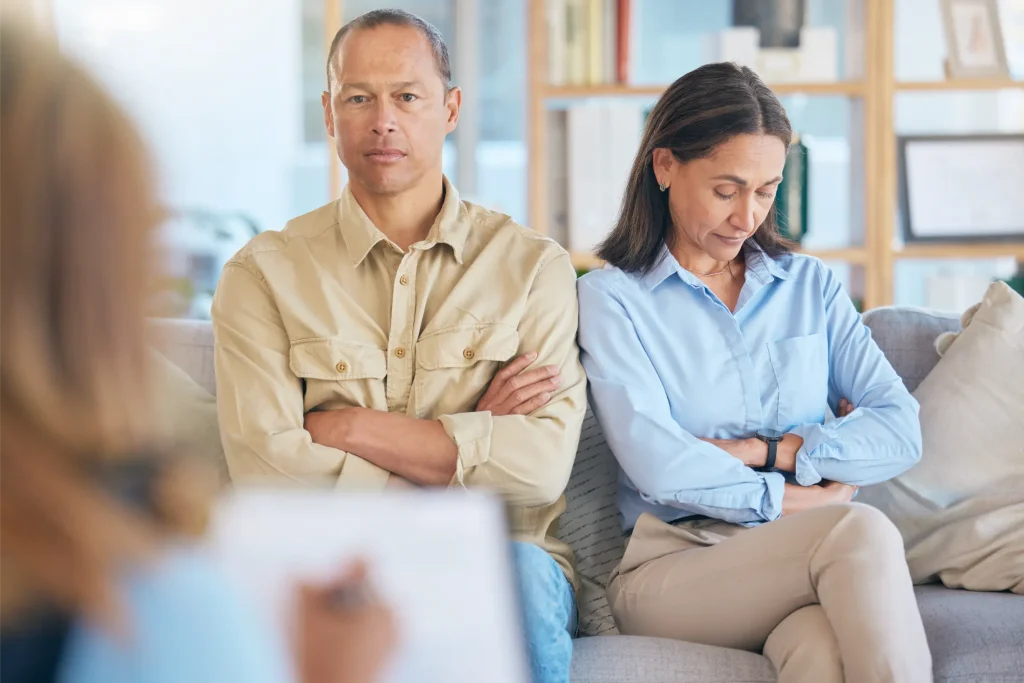Subpoenas, Court Letters and Testifying:The Challenges of Family Law for Therapists
As a Clinical Psychologist working with families, I used to have such anxiety working with high-conflict separated families. I didn’t like my notes being subpoenaed; I thought long and hard about letters requested to be written to the court as evidence, and I particularly dreaded times where I was subpoenaed to court to give evidence and be cross-examined by barristers and solicitors. Full gut-wrenching anxiety at times.
"But I am passionate about helping children and families so I continued to work in this space."
While working in this space to do the very best by our clients and be protected ourselves we need to know the laws and processes around material that could end up going to court. Even if you are not working with children it is inevitable that your notes or letters are going to end up in court as evidence. Therapy for children is meant to be a safe space for children and unfortunately the family law process can mean their confidentiality is breached. While its important to be upfront about this, its important to remember certain information can be redacted from subpoenas to protect this. There are some important factors to keep in mind when dealing with clients who are going through the family law courts.
- Protect the confidentiality of children wherever possible
- Always remain neutral and unbiased in your assessment and treatment
- Offer to invite the other parent into therapy to meet them and hear their concerns
- Remember the purpose of our therapeutic notes is a memory aide to assist therapy not a forensic piece of information
- Therapy is child focused and not parent focused.
- There are two sides to every story and therapists can be easily swayed into aligning with one parent against the other
- The best interest of the child is to have a positive relationship with both parents, where possible

Writing letters to the court can be daunting and while I am not expert like Paul Lodge, who is an experienced family law therapist from Relation Space, some basic advice is to be very factual, unbiased and unless you are a qualified expert witness report writer, do not give your opinion or recommendation on outcomes. You are a treating clinician not the judge in the case. If you have never met the other parent, do not provide advice on them other then reporting what has been reported to you by the child or other parent.
How do you manage testifying in court? My advice is if you have done all the above right, you have nothing to worry about. Its not personal and you are not on trial for your clinical skills. Stay child focused, remember you know your clinical stuff inside and out. Relaxation exercises prior to attending court, remember to breathe, drink water and I always take one of my therapy squishy toys in to regulate with and no one would ever know!
I’ve been meeting Paul Lodge for clinical supervision monthly for 2 years; I now feel extremely confident in working in this space he has supported through some major law advocacy experiences that have brought about incredibly important outcomes for families. Paul works using a trauma and attachment informed approach and my level of therapeutic skill in engaging and treating separated parents and their children has skyrocketed. He has even helped me successfully advocate for tracking devices to be placed on the perpetrators of domestic violence when released from prison to protect their ex-partners and children. Knowledge is power!


